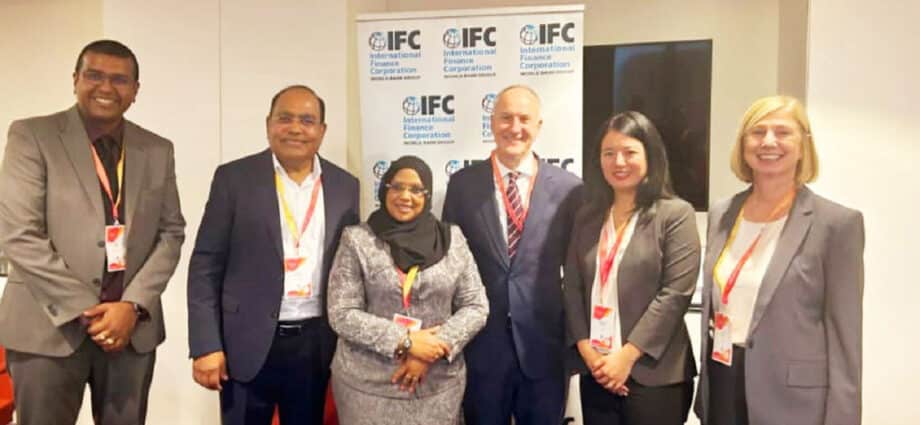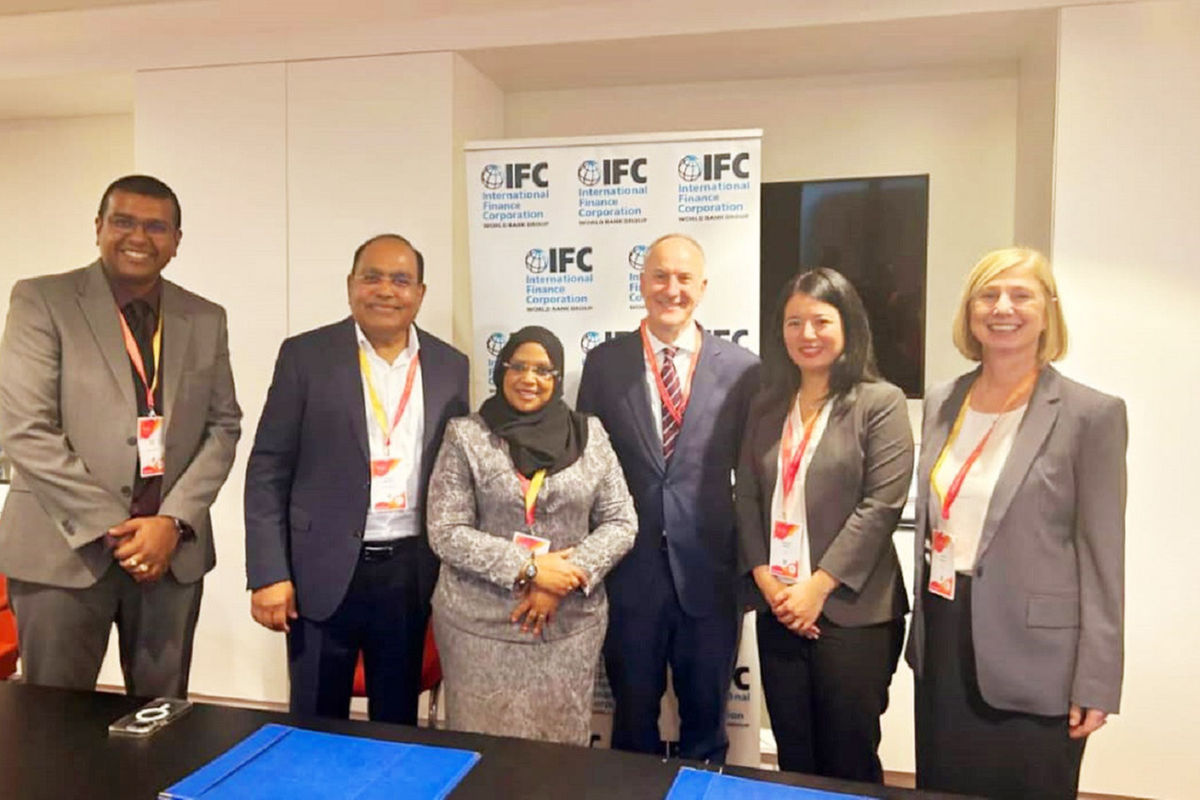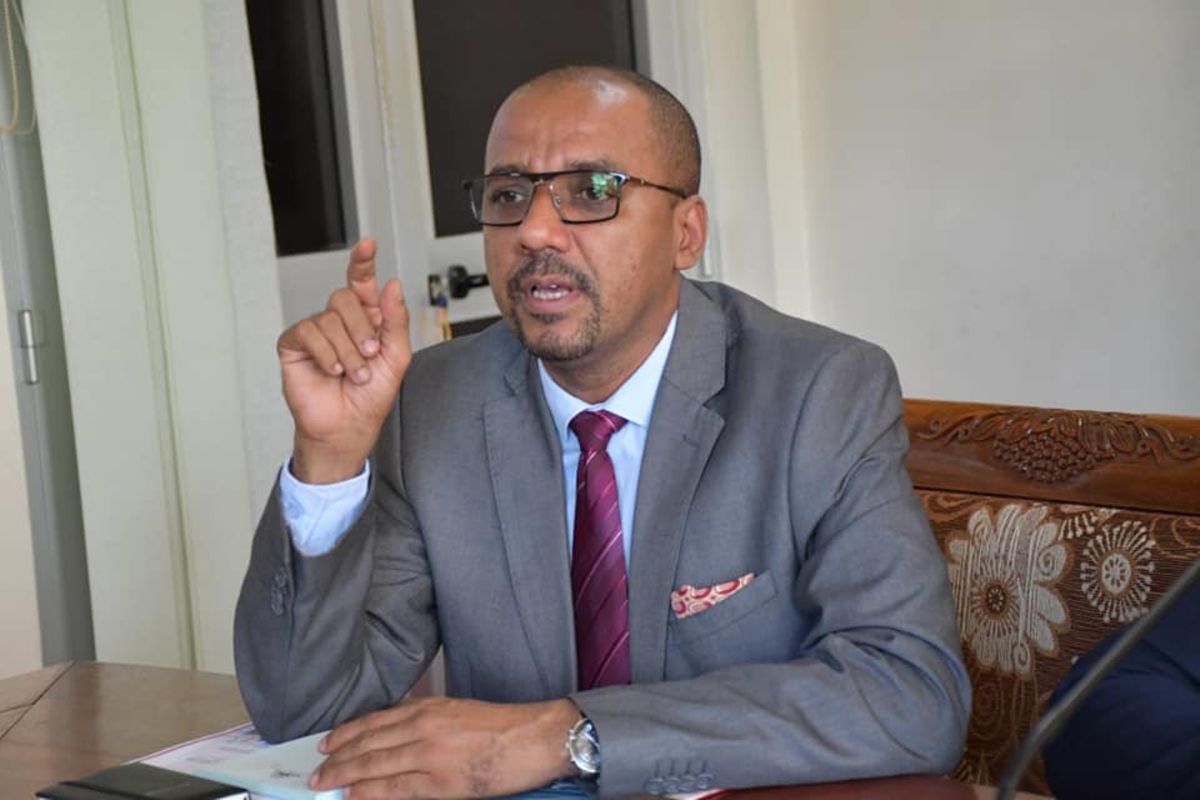Dar es Salaam. Tanzanian glass bottle manufacturer Kioo Limited has received its much-needed boost, thanks to $60 million (about Sh156 billion) capital injection from the International Finance Corporation (IFC) and Standard Bank of South Africa.
Kioo Limited said in a statement on Sunday that the financing is meant to support the expansion of its manufacturing capacity to meet increasing domestic and regional demand for glass bottles and containers.
Under the partnership arrangement, IFC will provide a loan of up to $45 million while and Standard Bank will provide up to $15 million to help Kioo grow its manufacturing capacity and increase its exports potential.
The project, which is expected to create thousands of jobs and contribute to economic growth in Tanzania, will also increase the amount of recycled glass that Kioo uses in its production process, helping to reduce energy consumption.
“The project will help Kioo meet growing demand in its regional markets and generate thousands of jobs directly and indirectly along its supply chain,” the statement reads.
A member of the World Bank Group, the IFC offers investment, advisory, and asset-management services to encourage private-sector development in less developed countries.
On the other hand, with its headquarters in Johannesburg, Standard Bank Group markets itself as Africa’s largest bank, with a 161-year track record of operational excellence and value.
The lender also operations in 20 sub-Saharan African countries, including in Tanzania.
The deal between the two financing institutions come at a time when the beverage sector in East and Central Africa – which is Kioo’s primary market for refillable glass containers – is projected to grow up to 10 percent per year over the next five years.
Nonetheless, a supply gap in the region means that about 40 percent of the demand is met by imports.
Tanzania is one of the few countries in East Africa with longstanding glassmaking and export capabilities.
The growth in Kioo’s production capacity means that the East and Central Africa region will substitute imported glass with locally manufactured ones.
“This cost-efficient products, the project will foster the growth of the region’s beverage industry.
Kioo will utilise locally available raw materials and energy and produce a value added product of world standards for export to the region,” the statement reads.
Witnessing the signing of the financing agreement was the Minister for Industry and Trade, Dr Ashatu Kijaji, who appreciated the efforts of IFC to support private sector industries in Tanzania.
According to Kioo director Kumar Krishnan, the company was already the largest glass manufacturer in the region and has become a supplier of choice to many of its customers.
“The new expansion will further boost the beverage industry’s growth across East and Central Africa.
This investment is a testament to the group’s continued belief in Africa and a sustainable future,” he said.
The regional industry director for manufacturing in Africa at IFC, Mr Henrik Pedersen, said there is a clear opportunity in East Africa to create jobs by closing the supply gap in the manufacturing sector.
“Our investment in Kioo will not only directly support this through the company’s increased capacity but will also help strengthen the glass value chain across the region,” he said.
This is the third time that IFC has supported Kioo, with previous loans helping the company expand, as well as maintain and upgrade its equipment.
As of the end of the year 2023, IFC had a $442.1 million investment portfolio and an advisory portfolio of $11.9 million in Tanzania.
In 2023 alone, IFC new investments totalled $115 million.
Kioo Limited has been in existence since 1963 within which period, it has acquired enough experience and excellence in manufacturing, logistics and services.
Currently, Kioo serves 100 plus customers in 17 countries in all beverage and food sectors like beer, soft drinks and food jars, supplying to most of the major global beverage giants in the region.















